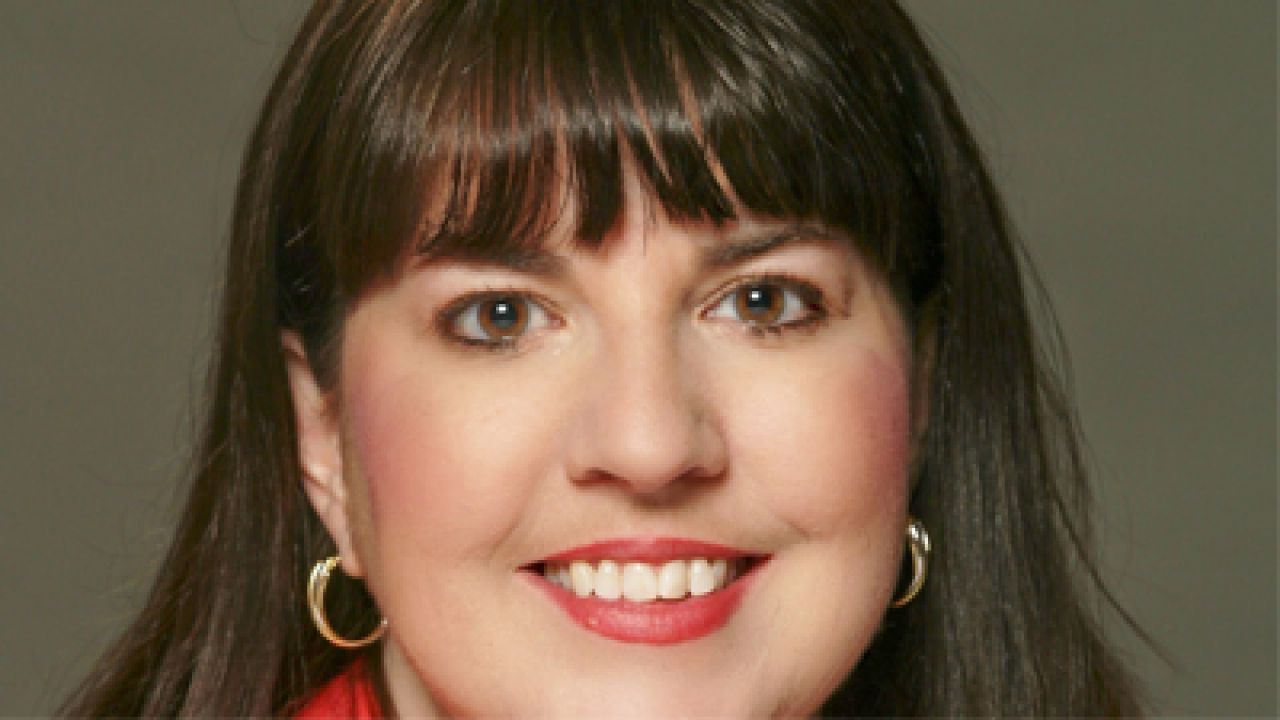September 02, 2016
Public relations practitioners accepting of ethics counselor role, but training is a concern

By Marlene S. Neill, Baylor University
For decades, scholars and industry trade public relations have suggested that public relations practitioners should provide ethics counsel. They debated the degree to which practitioners accept the role of an ethical conscience. While a previous study I conducted with Minette Drumwright found that senior public relations practitioners do provide ethics counsel, some articles in the trade press have questioned the integrity of the profession.
Just last year, trade publications asked “are all publicists liars?” and suggested that they are “professional manipulators.” Both of the articles were referencing a qualitative study conducted in South Africa and presented at the International Public Relations Research Symposium in Slovenia in July of 2015. The study included interviews with public relations practitioners who admitted to lying.
Our study—funded by the Arthur W. Page Center and sponsored by Public Relations Society of America Board of Ethics & Professional Standards—addressed the following issues:
• Do public relations practitioners perceive a personal responsibility to provide ethics counsel?
• How prepared do they think they are to provide ethics counsel on public relations issues?
• How likely are they to provide ethics counsel?
• What are the most common issues they are facing?
We examined these issues using survey research with a national sample of practitioners and educators who are members of PRSA and members of the Public Relations Division of the Association for Education in Journalism and Mass Communication (AEJMC). The study is published in the journal Public Relations Review.
The survey was distributed to a random sample of 7,404 practitioners and to 690 educators via email invitation from PRSA in September of 2015 in recognition of ethics month. The study results are based on the responses from 303 practitioners and 96 educators.
Differences in acceptance and preparation among accredited practitioners
Our study found evidence of significant differences among public relations practitioners who are accredited (Accredited in Public Relations credential – APR) compared to those who are not.
Accredited practitioners were more likely to say they felt prepared to provide ethics counsel, to believe that practitioners should provide this type of counsel and to report that they personally were likely to provide ethics counsel.
These findings are consistent with previous research that found that accredited practitioners were more likely to engage in public relations ethics competencies when compared to non-accredited practitioners and offer further support for the value of accreditation.
The study also provided evidence of practitioner and educator support for ethics counsel based on public relations’ role as boundary spanners. Boundary spanning has been described by practitioners as “being the middle person between their organization and key stakeholders.”
The statement that “public relations practitioners have an obligation to represent the ethical concerns of key stakeholders” received the strongest agreement from practitioners and educators among four statements inquiring about their support of ethics counsel.
Areas of concern: power, access and training
The top two issues ranked in priority by practitioners and educators are messaging and transparency in communication. Due to their high ranking, these topics would be a good focus area for training offered by professional associations, educators and employers. Many of these issues have been classified as micro-level issues, which means they are focused on the ethical decisions and behaviors of individual practitioners. As micro-level issues, these are the areas where the practitioners have the most power to influence ethical decision making.
In addition, accredited and non-accredited practitioners and educators all appeared to be concerned about the issues of the readiness of practitioners as well the necessary power and influence to provide ethics counsel. As further evidence of concern, both educators and practitioners ranked lack of access to leadership and information as the third most challenging issue facing public relations practitioners today. These are meso-level (organizational) and macro-level (society) issues and are more challenging to address.
The results present a less encouraging picture regarding the availability of ethics training in the workplace. A previous study in 2010 with a comparable sample size of PRSA members found 52 percent of the respondents reported that their employers did not provide ethics training, and 63.4 percent of the respondents in this study also said the training is not provided. While practitioners reported that ethics training is not provided at most workplaces, they also reported that accreditation was the most common form of professional development related to ethics that PRSA members are taking advantage of through the professional association.
There is some evidence that more practitioners are receiving ethics instruction in college: 67 percent of the respondents in this study said they had completed an ethics course compared to 52.3 percent in a previous study with PRSA members. Scholars are right in questioning public relations’ readiness to provide ethics counsel if practitioners lack ethics training. Pursuing accreditation may be a viable option for those who do not receive ethics training through their employers.
This study provides evidence that public relations practitioners believe that they should provide ethics counsel and that they feel prepared to do so. However, practitioners may need additional training as new ethical issues emerge with changes in technology. While practitioners appear to accept the role of ethics counselor, they may lack the necessary power, influence and information to do so. Practitioners should pursue accreditation, which can provide ethics training and improve their confidence in their ability to provide ethics counsel.
For further information on this study, please email Marlene_Neill@baylor.edu.
This project is supported by a Page Legacy Scholar Grant from the Arthur W. Page Center.
